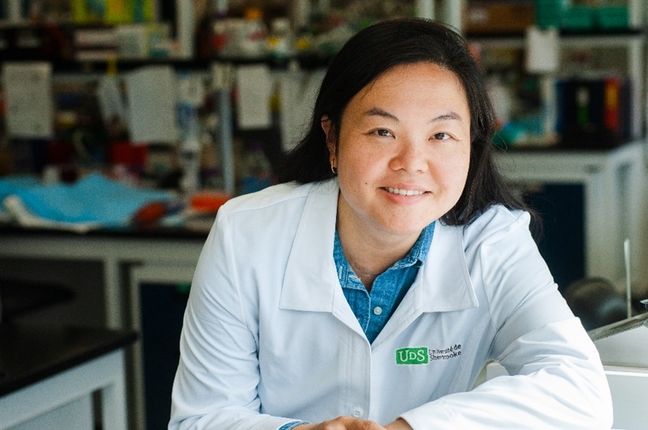Keynotes and speakers




Pr Martin Lepage
Department Director, Faculty of Medicine and Health Sciences FMSS Dep. nuclear medicine and radiobiology

Pr Ayman Oweida
Professor, Faculty of Medicine and Health Sciences FMSS Dep. nuclear medicine and radiobiology

Pre Brigitte Guérin
Professor, Faculty of Medicine and Health Sciences FMSS Dep. nuclear medicine and radiobiology

Pre Marie Brunet
Professor, Faculty of Medicine and Health Sciences FMSS Department of Pediatrics

Pr Etienne Audet-Walsh
Associate Professor Department of Molecular Medicine Faculty of Medicine, Laval University

Pr Mathieu Quesnel-Vallières
Professor, Faculty of Medicine and Health Sciences FMSS Dep. immunology and cell biology

Pre Lee-Hwa Tai
Professor, Faculty of Medicine and Health Sciences FMSS Dep. immunology and cell biology

Pr Taha Azad
Professor, Faculty of Medicine and Health Sciences FMSS Dep. of microbiology and infectious disease

Pre Maryline Labrie
Professor, Faculty of Medicine and Health Sciences FMSS Dep. immunology and cell biology